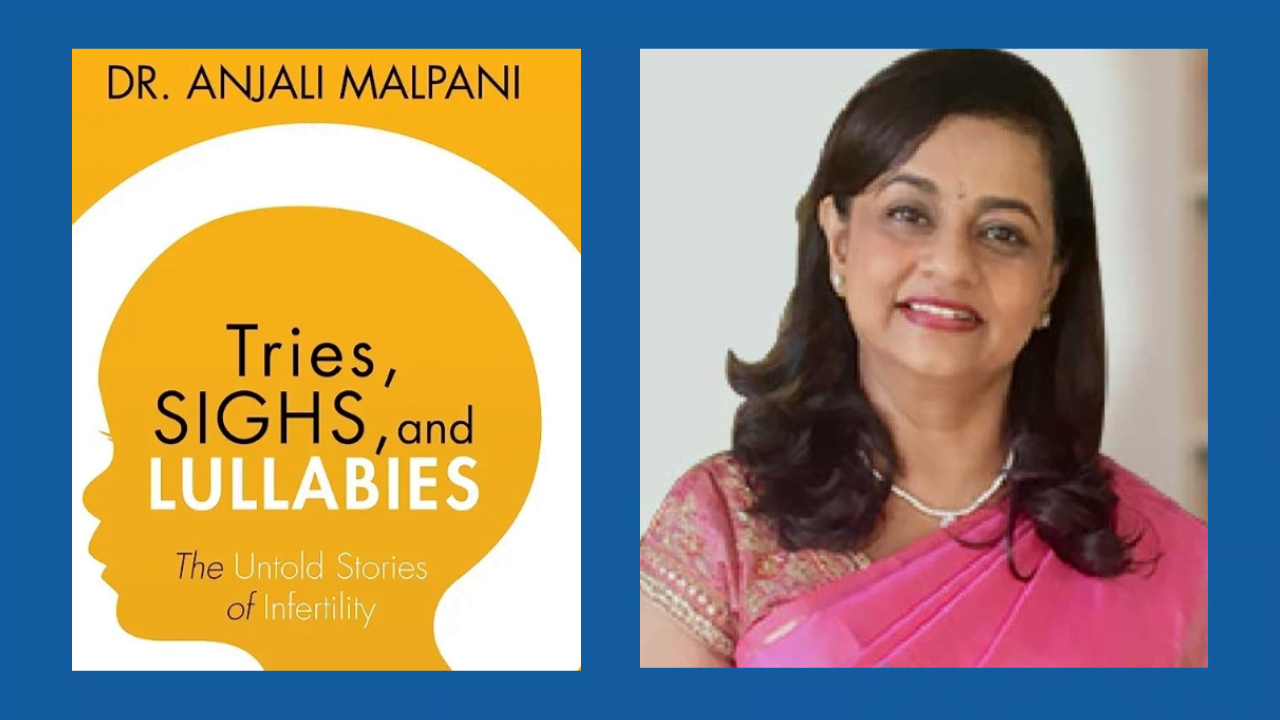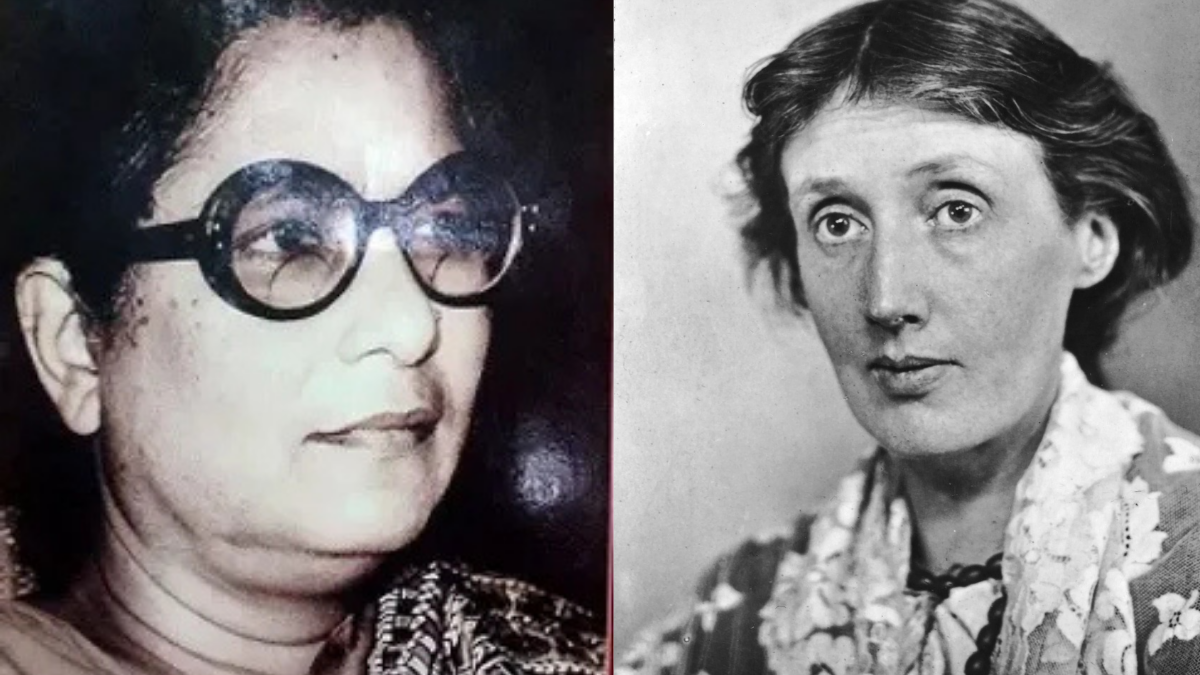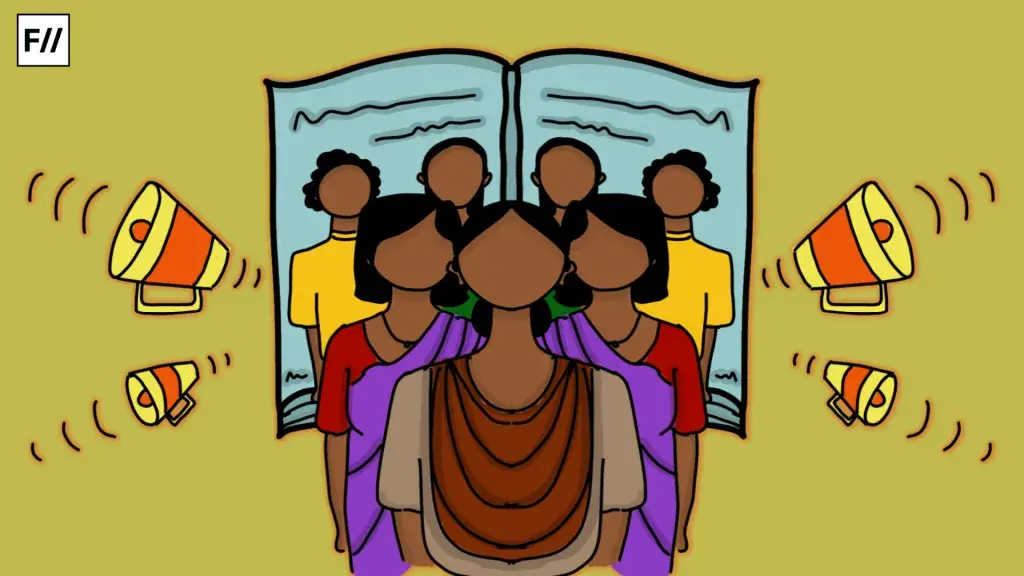Tries, Sighs and Lullabies: The Untold Stories of Infertility is a book by Dr. Anjali Malpani, a renowned fertility specialist and an established author. She is also the founder and director of Malpani Infertility Clinic, where she witnessed so many lives that we will get to read about in this book. The book captures 30 years of her experience and therefore it is more of her memoir than just a compilation of stories.
Tries, Sighs and Lullabies, the main title of the book therefore perfectly encapsulates the essence of this book, which teaches us how infertility is much more than just a condition, and how much weight that word itself can have on people’s lives. With 15 stories to be exact, the book beautifully brings out diverse backgrounds, age groups and conditions. From having cases that come from the most posh houses of South Mumbai to having people from the most remote areas of the country this book will take the reader through all.
This is the third book authored by Dr. Anjali, previously she has published two books one of which was an IVF Comic Book to help every person understand different conditions and procedures that are part of infertility apart from In Vitro Fertilisation.
This is the third book authored by Dr. Anjali, previously she has published two books one of which was an IVF Comic Book to help every person understand different conditions and procedures that are part of infertility apart from In Vitro Fertilisation. Apart from this, Dr. Anjali along with her husband Dr Annirudh Malpani has started the infertility group called the infertility friends and India’s only Free Patient Education Library. This book takes us through all her accomplishments including the stories that led to the establishment of her library and helpline.
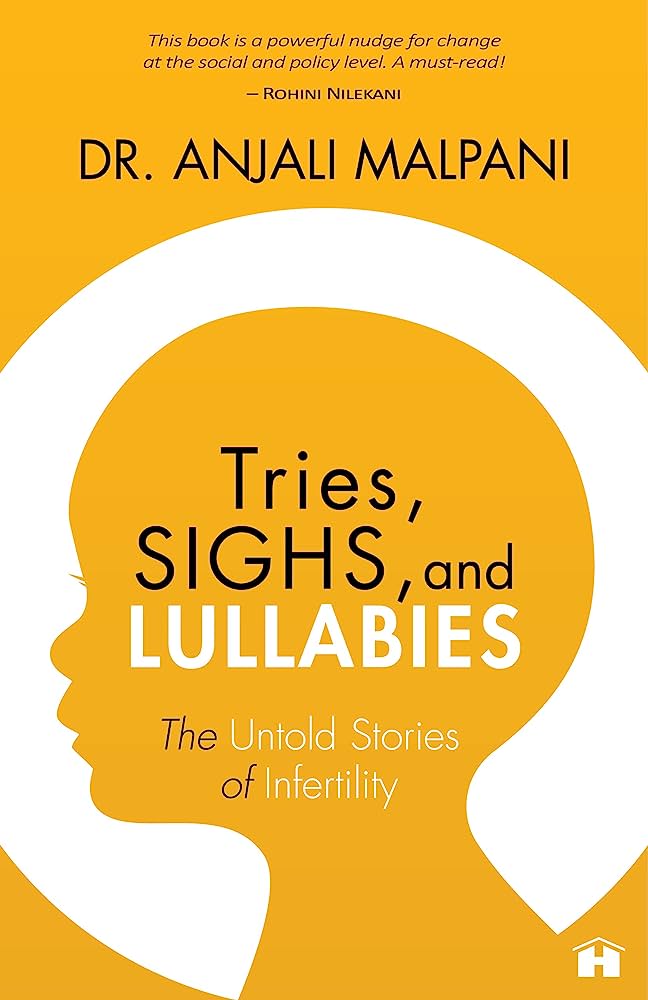
Within the context of India, infertility is often associated with a bad omen as a result of which it is only the women who are subjected to bear the brunt of it. Dr Anjali’s book in this sense inherently busts one of the most common myths around infertility that it is only women who can be infertile. Through a number of stories including the first one, she unravels infertility in men and how it impacts them differently as compared to women.
Dr. Anjali takes readers through the bias that men have and how ego can play a huge role in shaping their discourse around infertility, as a result, many of the male characters of her book are patriarchial men who choose to marry again rather than get themselves checked.
She takes readers through the bias that men have and how ego can play a massive role in shaping their discourse around infertility, as a result, many of the male characters of her book are patriarchial men who choose to marry again rather than get themselves checked. Therefore, while reading this book, a lot of my own emotions came up as I saw so many women getting abused, threatened and even locked up in their houses because they could not get pregnant. Amongst them, there were also families where it was the men who had a low sperm count and the women who were completely fine.
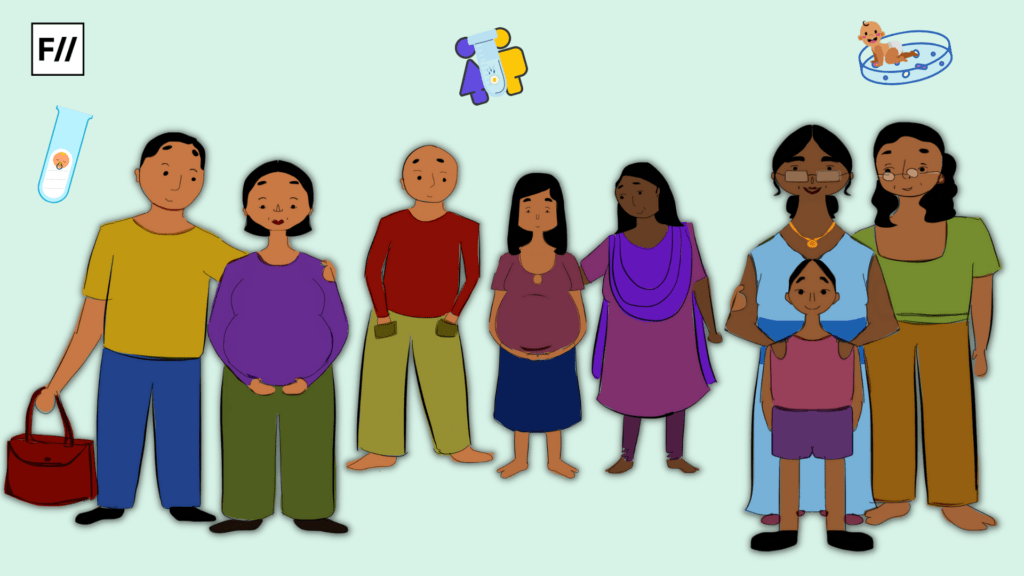
What makes Dr. Anjali’s book a good read is also that she structures her chapters in a narrative way which takes readers through the stories from her eyes. Every chapter has its own cartoon that matches the subject and is able to convey the gist of the story.
There is also a medical synopsis at the end that talks about different conditions pertaining to infertility including myths associated with it. But overall, her stories also take the readers through the journey of her patients and while some of these stories do have a happy ending, there are also some that don’t, which makes the book very realistic.
Overall, this book takes readers through the very real experiences of her patients and also addresses her own personal upheavals that come with her medical experiences. The author also addresses the personal journey of every woman and the biases that so many men have around artificial insemination. She also elaborates on how doctors are not mute spectators who look at every person as a case, but they are also humans who may have an opinion and advice even in matters which are related to people’s personal problems.
While Dr Anjali’s book does address a lot of concerns around infertility, surrogacy and domestic violence, it fails to talk about adoption at a stretch. I understand that the purpose of fertility clinics is to help couples or single women to have their own children, I feel Dr. Anjali could have addressed adoption and her views in a much more detailed way. Though she does suggests her clients consider adoption as an option but maybe if she could bust some stereotypes around it, this book would have become more well-rounded. Another aspect that I think the author could have considered, is talking about the expenses and how financially draining IVF and other types of procedures can be. Since her stories already had many people coming from financially poor backgrounds, this could have helped many people from similar backgrounds to be prepared mentally and financially.
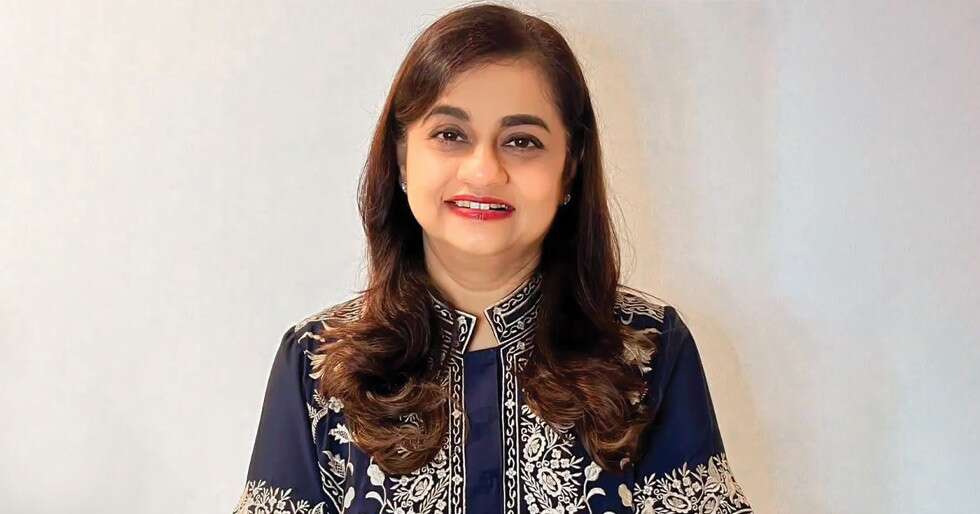
Overall, this book takes readers through the very real experiences of her patients and also addresses her own personal upheavals that come with her medical experiences. The author also addresses the personal journey of every woman and the biases that so many men have around artificial insemination.
Dr. Anjali also elaborates on how doctors are not mute spectators who look at every person as a case. Still, they are also humans who may have an opinion and advice even in matters which are related to people’s personal problems. At last, her book not just portrays the journey that aspiring parents go through but also the journey that doctors go through to ignite hope in people’s lives.
About the author(s)
Vedika is an intersectional feminist who uses cinema and everyday experiences to talk about issues rooted in the vernacular. She loves to bake and travel around the country to explore different cultures and write down people’s stories. Vedika hopes to get an opportunity to cover such stories around the world. She is also a romantic who loves to read poems, personal essays and won’t mind vibing to slow songs
